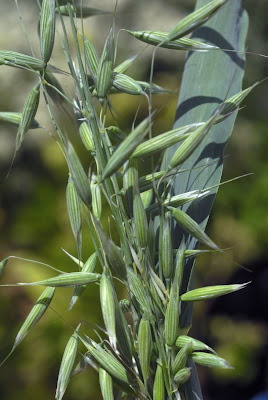 Cranberries! - A Healthy Superfruit
Cranberries! - A Healthy Superfruit
(Vaccinium oxycoccos)
1. Howell AB, Reed J, Krueger C, Winterbottom R, Leahy M. A-type cranberry proanthocyanidins and uropathogenic bacterial anti-adhesion activity. Phytochemistry 2005; 66 (18): 2281-2291.
2. Howell A. Cranberry Proanthocyanidins and the Maintenance of Urinary Tract
Health. Crit Rev Food Sci Nutr 2002; 42(S): 273-278.
3. Burger O, Weiss E, Sharon N, Tabak M, Neeman I, and Ofek I.
Inhibition of Helicobacter pylori adhesion to human gastric mucus by a high-molecular-weight constituent of cranberry juice.
Critical Reviews in Food Science & Nutrition, 2002. 42(Suppl.).
4.Reed J. Cranberry flavonoids, atherosclerosis, and cardiovascular health. Crit Rev Food Sci Nutr 2002; 42(Supp): 301-316.
Here is an easy recipe that you can make yourself:











 The Herbal Bear 2009 Botanical Medicine Program
The Herbal Bear 2009 Botanical Medicine Program


